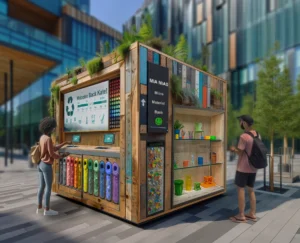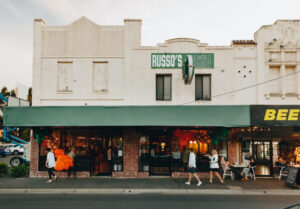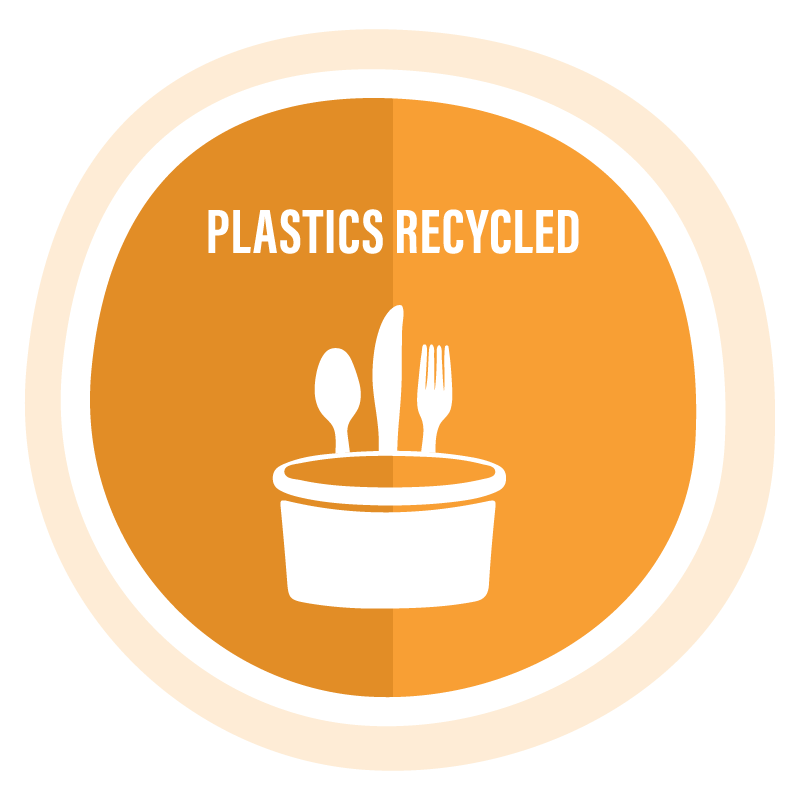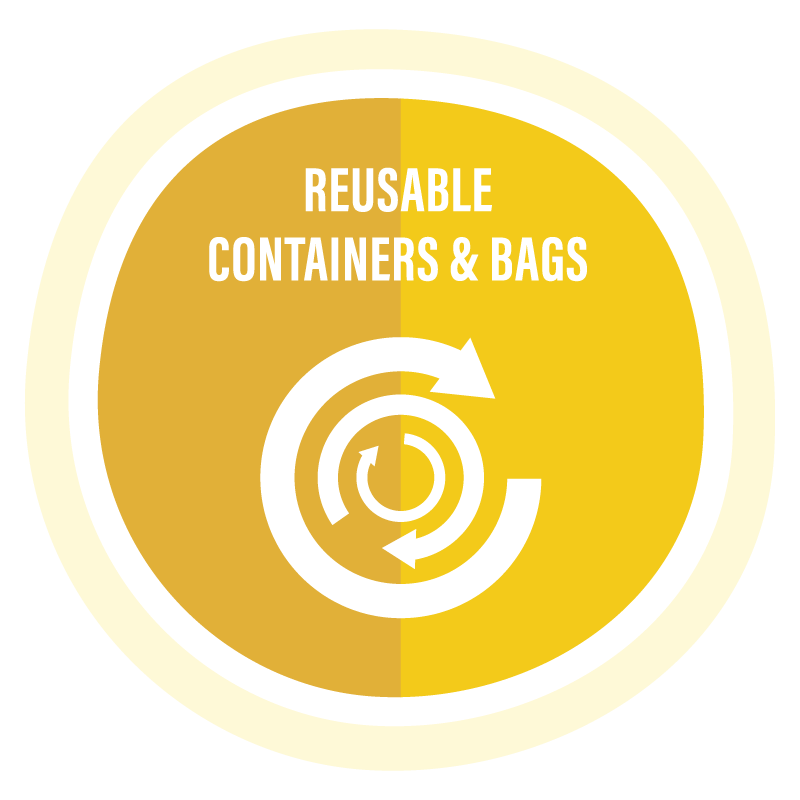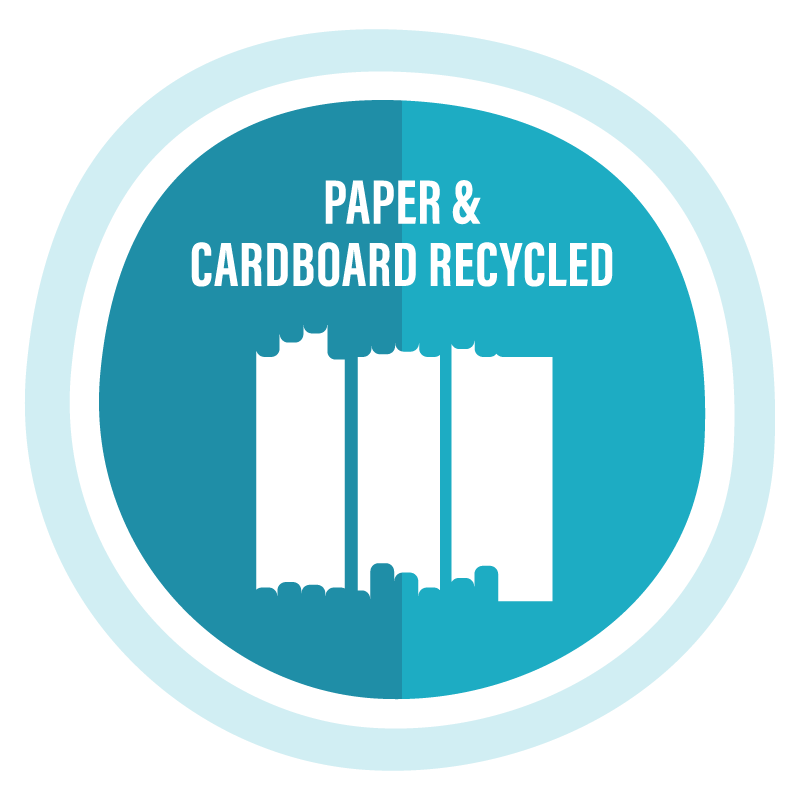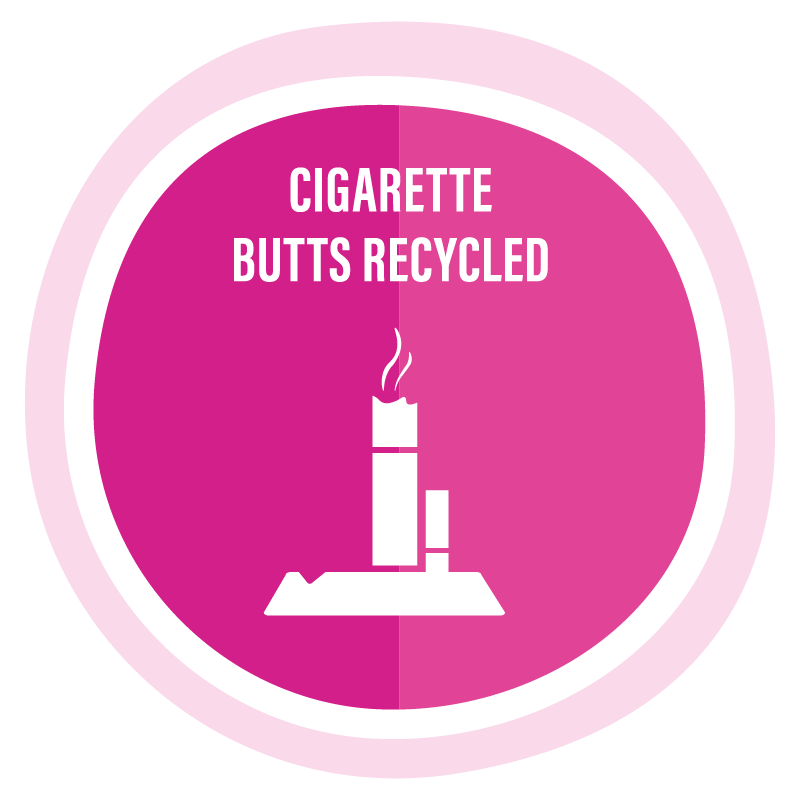Tackling Food Waste in the Events Industry – Cirque du Soleil
In an exciting collaboration, Cirque du Soil teamed up with the globally renowned Cirque du Soleil’s LUZIA show to launch a back of house initiative in Melbourne Flemington Racecourse, aimed at reducing food waste from their staff kitchens in Melbourne. This collaboration underscores both organizations’ commitment to sustainability and environmental responsibility.
The project started on April 24, 2024 and wrapped up on May 29, 2024. In a little over a month of working closely with Cirque du Soleil Luzia’s Reception (Simon Bian) and kitchen manager (Ariel Layung) to implement a comprehensive food waste rescue program, our team meticulously collected and repurposed food scraps, successfully diverting a total of 1,035kg kilograms of food waste from landfill. This effort not only mitigates environmental impact but also supports our broader goal of promoting zero-waste practices in the hospitality and event industry sectors.
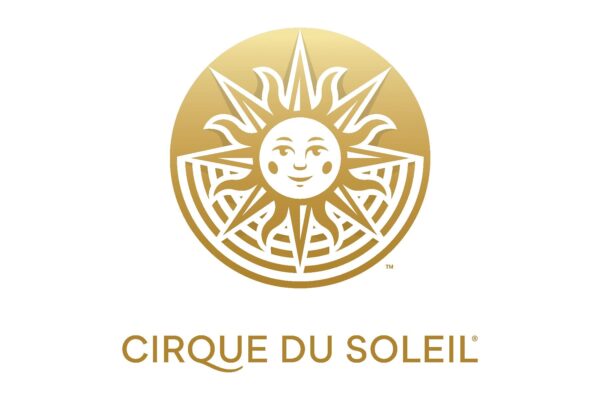
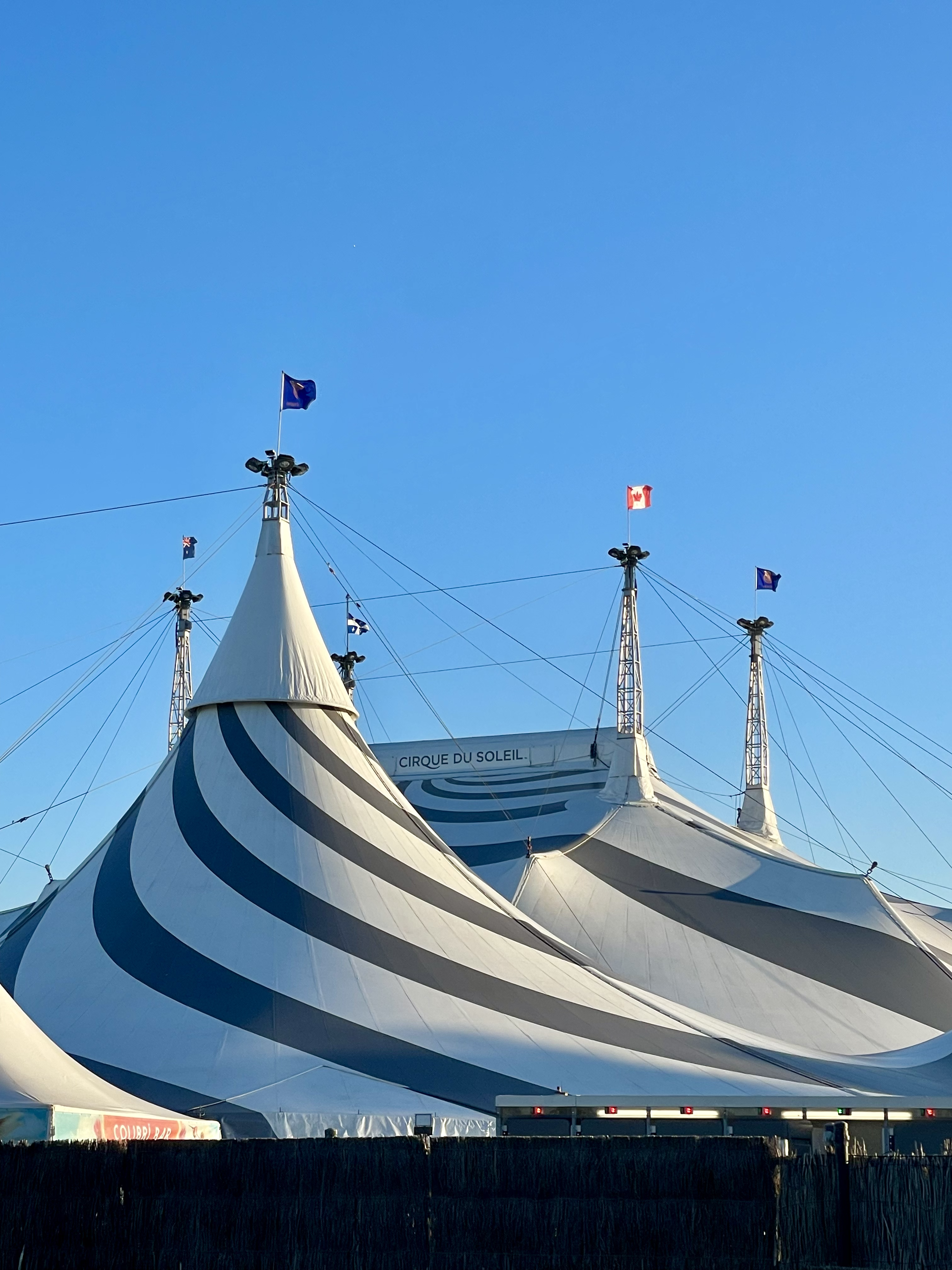
A Sustainable Vision
In recent years, sustainability has become top of mind for event planners, and the events industry as a whole has doubled down on efforts to become greener. “Collaborating with Cirque du Soleil has been a phenomenal experience,” said Jean Darling, Founder and Managing Director of Cirque du Soil. “It’s a huge endeavour to sustainability that shows in their Corporate Social Responsibility strategy where it’s no mean feat with their scale of operations, and it’s great to see how they strive to reduce their environmental impact during a touring show”. It demonstrates how the right sustainability champions embedded in global event companies in genuine collaborative efforts, can absolutely pave the way towards bettering environmental outcomes, no matter how complex the operation.
The Cirque du Soleil kitchen team embraced the initiative with enthusiasm, integrating food waste separation and collection into their daily routines. In a candid interview with Luzia Head Chef Ari, he says “Food waste is an issue in kitchens that most choose to ignore because it is usually difficult to do well. Because our tour kitchen has to move to a new city every 2 months, every new site offers a unique set of challenges“.
In his observations, not all cities offer a viable short term composting service, which are fit for purpose or cost effective for the amount of food waste in their tour operations:
“When companies are too picky on what can be composted, it becomes challenging to educate people what is allowed and not allowed every time we change locations. The more changes, the more likely there would be a mistake and a good batch of waste might be rejected because of the mistake of just one individual. Unfortunately, not everyone has the same level of commitment to the environment as we’d like it to be and the progress of adopting good practices are still uneven because of this. The best way to improve our chances for people to buy-in to these types of programs is to make it user-friendly and intuitive.
He continues to elaborate on how Cirque du Soil’s bucket system worked for them, “This is where I found Cirque du Soil to be better than the others. They provide easy to understand charts to teach people what is allowed and not allowed to be composted. Compared to many other companies, they were able to accept far more types of waste which made it easier for people to participate and also ensure we are able to compost a higher amount of our waste. The size of their collection bins also make it easier for kitchen staff to move it in and out of collection places. The smaller bin size also means it is less likely to start developing foul odours before it becomes full or leak because it starts to ferment.
Our show was in Korea before coming to Melbourne and it is amazing to see how the practice of composting seems to be a bit more widespread. It was helpful to be able to continue this good practice by being able to work with a company that has made it easy to do so. I hope to be able to come across more composting companies like Cirque du Soil to help normalize the practice of composting across the industry”.
Collaboration Key Achievements:
- 1,035 kg of Food Waste Diverted: Through our collective efforts, a significant amount of food waste was repurposed, preventing it from contributing to landfill accumulation.
- Carbon Footprint Reduction: This initiative resulted in a reduction of approximately 1.97 tonnes (kg) of CO2 emissions, equivalent to 175.58 days of electricity consumption for one household.
- Staff Engagement: The project fostered greater awareness among Cirque du Soleil staff about the importance of sustainable practices in the kitchen for the environment, as well as business as usual operations.
About Cirque du Soil
Cirque du Soil is dedicated to transforming food systems waste into valuable resources, advocating for circular, regenerative cities, while educating communities on the importance of waste reduction and improving best practices. Our mission is to engage businesses and residents to take climate action, reduce and divert waste going to landfill and redistribute resources to accelerate a circular economy.
About Cirque du Soleil
Cirque du Soleil is a world-renowned entertainment company, known for its captivating performances and dedication to artistic excellence. With a strong focus on innovation and creativity, Cirque du Soleil also prioritizes sustainability in its operations, making it a leader in environmental stewardship within the entertainment industry.
